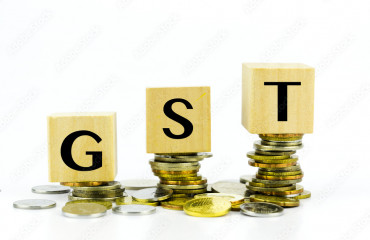
- 15 Aug 2025 05:57 PM
- New
India to focus GST reforms under THESE 3 pillars to ease tax burden on citizens — Explained
GST reforms: The Ministry of Finance has proposed an indirect tax reform recommendation to the Group of Ministers (GoM) appointed by the GST Council on 15 August 2025. The council will discuss the recommendations in its next meeting and consider an early implementation of the changes.
Read More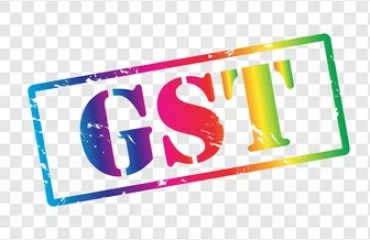
- 15 Aug 2025 05:50 PM
- New
79th Independence Day: GST reforms to Sudarshan Chakra Mission– 5 top announcements by PM Narendra Modi
On India's 79th Independence Day, Prime Minister Narendra Modi unveiled five transformative initiatives, including GST reforms, a made-in-India semiconductor chip, and a major employment scheme for youth.
Read More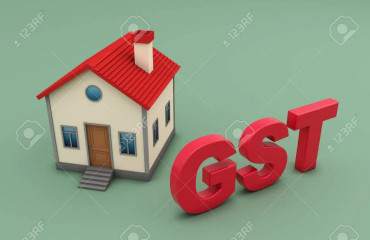
- 15 Aug 2025 05:37 PM
- New
Officials intercept 1,311 tonnes of Pakistan rock salt imported via UAE
The consignments, worth about ₹1.6 crore, were intentionally routed through UAE in violation of foreign trade policy, which currently prohibits direct or indirect imports from Pakistan, CBIC chairman Sanjay Kumar Agarwal said.
Read More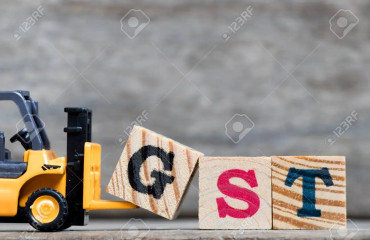
- 15 Aug 2025 05:40 PM
GST reforms incoming! PM Modi promises ‘double Diwali,’ ‘next-generation’ tax regime: Details here
PM Modi announced plans for GST reforms during his Independence Day address, including a reduction in tax rates by Diwali. This could lead to significant changes in the current tax structure.
Read More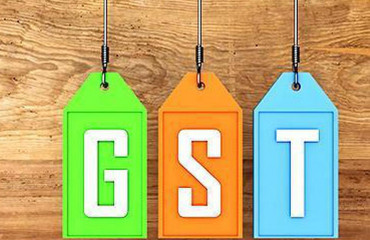
- 14 Aug 2025 06:08 PM
India plans compliance reforms, seamless GST refunds, PLI fixes to woo investors
New Delhi: The government is working on a plan to substantially ease compliance burdens and eliminate policy bottlenecks as well as procedural hurdles to attract investments, after India's talks for a trade agreement with the US stalled over the latter's demand for greater market access to the politically-sensitive agriculture and dairy sectors.
Read More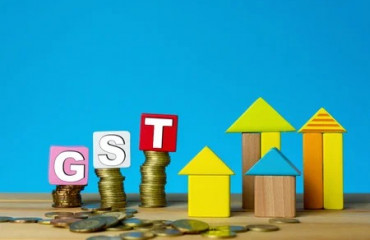
- 14 Aug 2025 06:20 PM
CAG Audit Report on GST E-Way Bill System
Source: https://taxguru.in/goods-and-service-tax/cag-audit-report-gst-e-way-bill-system.html
Comptroller and Auditor General of India (CAG) has presented a performance audit report on the E-Way Bill (EWB) system under GST for the period from April 2018 to March 2022. The audit aimed to assess the system’s effectiveness in protecting government revenue and the efficiency of departmental enforcement. The report highlighted several issues, including instances of taxpayers not paying or underpaying tax liabilities.
Read More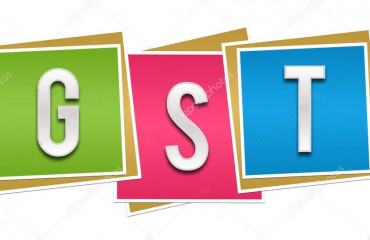
- 14 Aug 2025 06:16 PM
Supreme Court stays ₹273.5 crore GST notice against Patanjali Ayurved
In a relief to yoga guru Ramdev-founded Patanjali Ayurved Ltd, the Supreme Court on Thursday stayed the recovery of a ₹273.5 crore goods and services tax (GST) penalty imposed on the consumer goods company by the Directorate General of GST Intelligence (DGGI).
Read More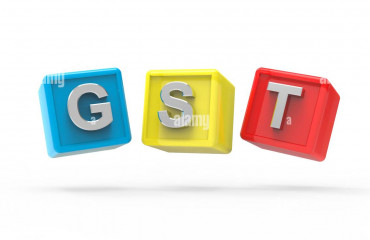
- 14 Aug 2025 06:11 PM
Personal loan processing fee: What it means and why banks charge it
Personal loans continue to remain a popular financial solution in the nation. They offer quick access to funds for personal needs without requiring collateral or other complications. Still, borrowers must be careful of several charges that accompany these loans, chief among them being the processing fee.
Read More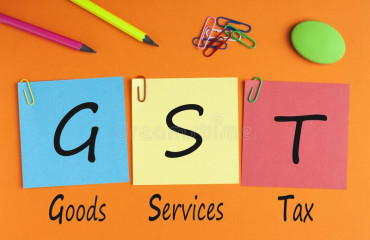
- 13 Aug 2025 06:44 PM
GSTAT passes order against Subway franchisee for not passing rate cut benefit to customer
New Delhi, Aug 13 (PTI) In its first order in profiteering case, the newly constituted GST Appellate Tribunal (GSTAT) has held Urban Essence, a franchisee of Subway Ltd, guilty of not passing GST rate cut benefit of ₹5.47 lakh.
Read More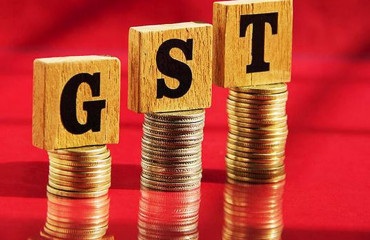
- 13 Aug 2025 06:52 PM
E-Way Bill Portals Get Enhanced Interoperability
Source: https://taxguru.in/goods-and-service-tax/e-way-bill-portals-enhanced-interoperability.html
The National Informatics Centre (NIC) has announced an enhancement of interoperable services between the E-Way Bill 1 and E-Way Bill 2 portals. Following the initial launch of these services in September 2024, which only allowed for updating Part B and getting E-Way Bill details, the August 2025 update introduces several key new features.
Read More